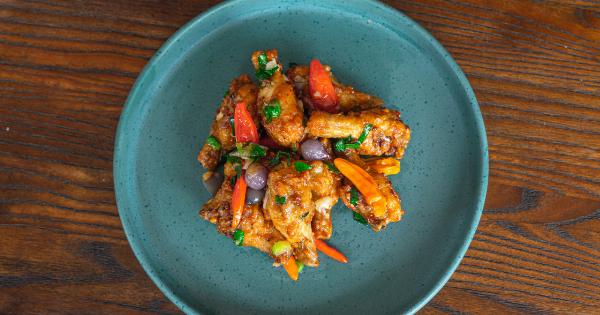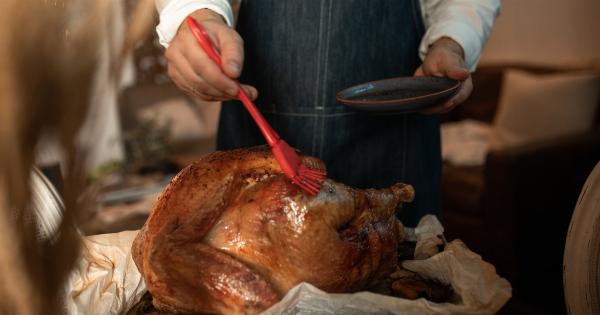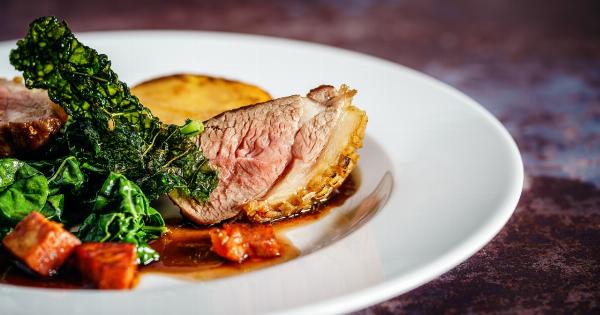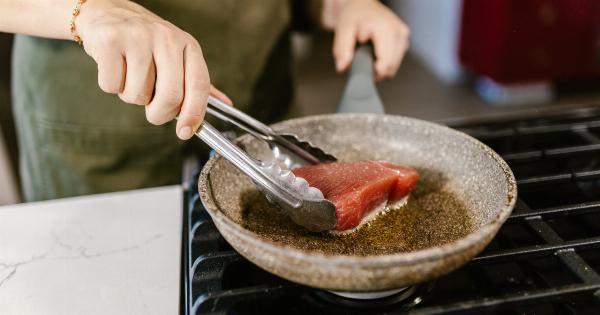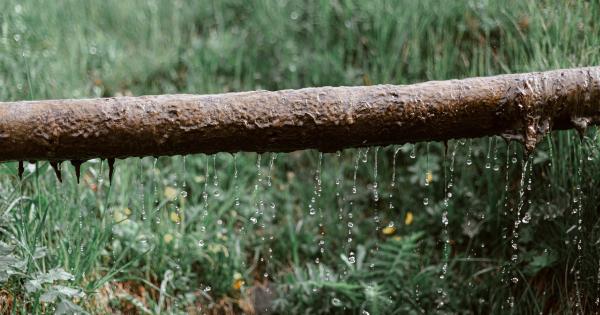Barbecues and grilling are a quintessential summer activity. From burgers to hot dogs to steaks, there’s nothing quite like the taste of grilled meat. But while it may be delicious, grilling can also be hazardous to your health.
The process of grilling can create harmful chemicals called carcinogens, which have been linked to various cancers. In this article, we’ll explore the dangers of charred food and offer tips on how to minimize your exposure to these harmful compounds.
What are Carcinogens?
Carcinogens are substances that have been shown to cause cancer. They can be found in a variety of sources, including tobacco smoke, pesticides, and certain chemicals used in manufacturing.
When it comes to grilling, however, the primary source of carcinogens is the process of cooking meat over an open flame. Specifically, when meat is charred or overcooked, it can create two types of carcinogens: heterocyclic amines (HCAs) and polycyclic aromatic hydrocarbons (PAHs).
Heterocyclic Amines (HCAs)
HCAs are formed when amino acids and creatine in meat react at high temperatures. They are typically found in well-done or charred meats, and studies have linked them to an increased risk of colon, breast, and prostate cancers.
In fact, the National Cancer Institute estimates that roughly one-third of all cancer cases are related to diet, and HCAs are believed to be a significant contributor to this statistic.
Polycyclic Aromatic Hydrocarbons (PAHs)
PAHs are formed when fat and juices from meat drip onto hot coals or flames, causing smoke and flames to rise up and coat the food. These compounds are also found in cigarette smoke and car exhaust.
PAHs have been linked to skin, lung, and bladder cancers, as well as damage to DNA.
How to Minimize Your Exposure to Carcinogens
While the dangers of charred food may seem overwhelming, there are steps you can take to minimize your exposure to these harmful compounds. Here are a few tips:.
1. Cook at lower temperatures
Cooking meat at lower temperatures for a longer period of time can help reduce the formation of HCAs and PAHs. Try using a meat thermometer to ensure that your food is fully cooked but not overcooked.
2. Marinate your meat
Marinating your meat before grilling can help reduce the formation of HCAs. Studies have shown that marinades containing herbs, spices, and acidic ingredients like vinegar or lemon juice can help decrease HCA formation by up to 90 percent.
Not only do marinades help reduce the risk of carcinogens, they can also add flavor and tenderness to your meat.
3. Trim excess fat
Fat dripping onto hot coals or flames can cause flare-ups and increase the amount of PAHs in your food. Trimming excess fat from meat can help reduce the risk of flare-ups and decrease your exposure to these harmful compounds.
4. Use lean meats
Lean meats contain less fat and therefore produce fewer PAHs when grilled. Consider using lean cuts of meat like chicken breasts or pork tenderloin.
5. Use a gas grill instead of charcoal
Gas grills are generally considered safer than charcoal grills because they produce fewer carcinogens. Consider using a gas grill instead of a charcoal grill when possible.
6. Choose small cuts of meat
Smaller cuts of meat like kabobs or burgers cook faster and therefore spend less time on the grill, reducing the formation of carcinogens. Consider opting for smaller cuts of meat when grilling.
The Bottom Line
Charred food may be delicious, but it comes with a hidden danger in the form of carcinogens.
By following these tips and taking steps to minimize your exposure to these harmful compounds, you can enjoy the taste of grilled meat while keeping your health in mind.






